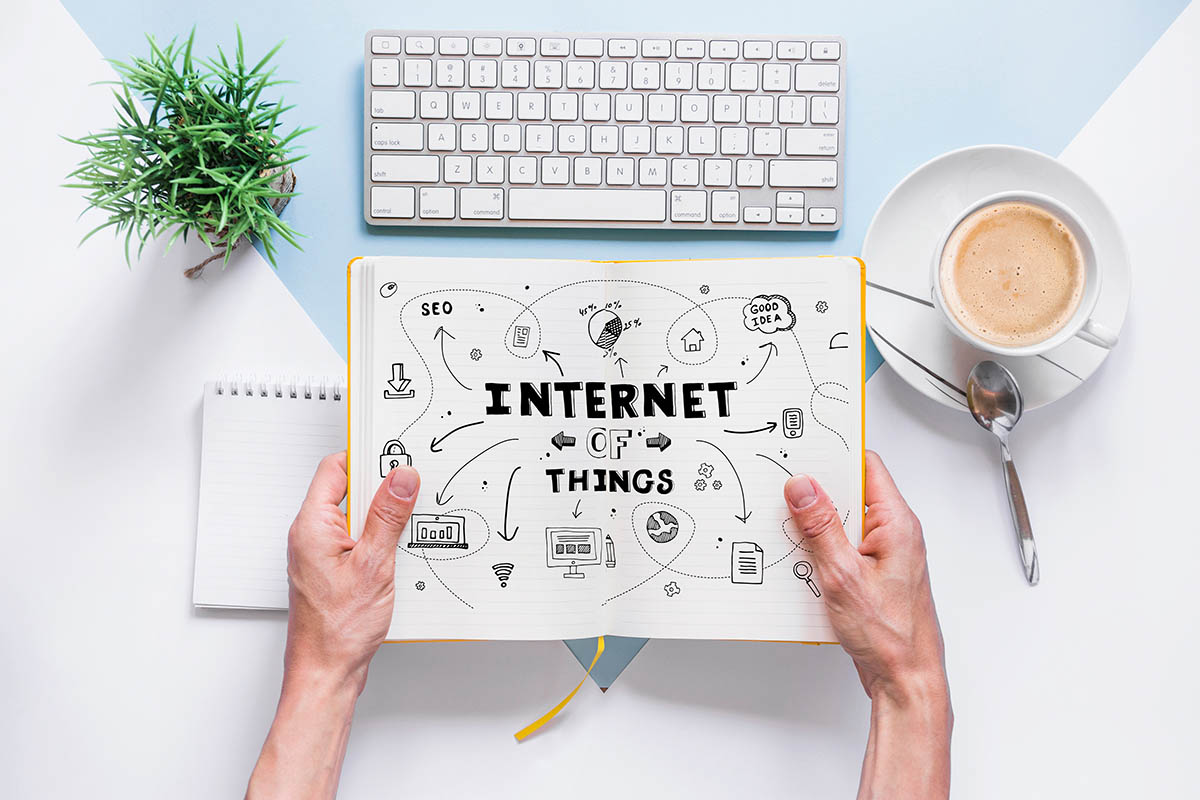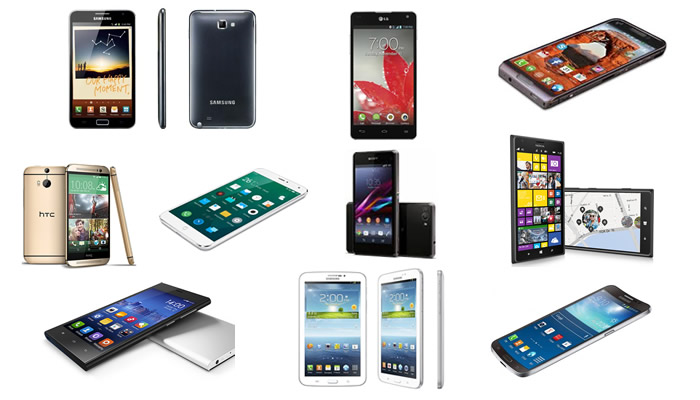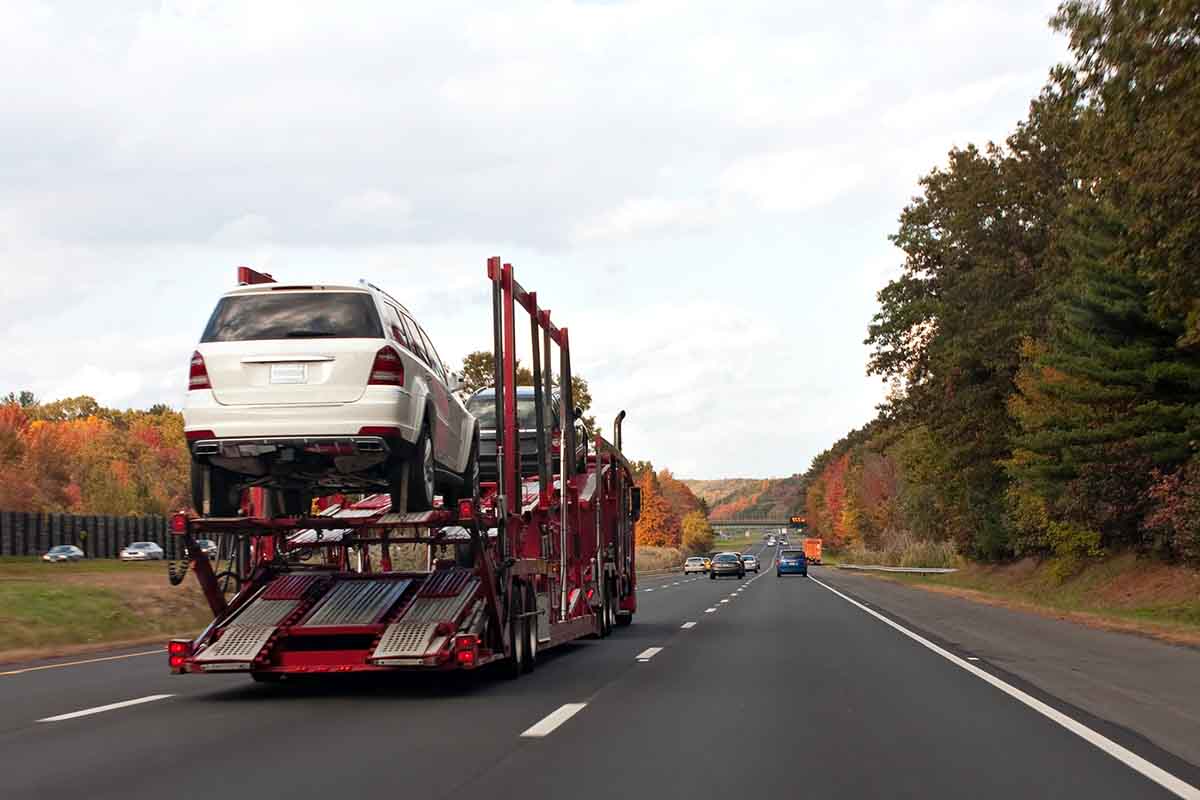What’s the Future of the Internet of Things?
What is the future of the Internet of Things (IoT), and how will it impact businesses now and in the future? The IoT consists of millions of devices connected to the internet. As more people embrace smartphones and mobile data plans become faster and more affordable, expect even more individuals to tap into the IoT.
App and device developers will create new ways for consumers and business owners to interact with one another from a distance. IoT impacts business in many ways. Retailers offer apps, which users install on their phones.
These companies can then ping their audience when they have a special offer or stock a new product. Manufacturers use IoT sensors to determine how fast a machine produces goods or which equipment needs repairing. And on the other side pharmaceutical manufacturers are using EBR software to find new ways of optimizing the total cost of production. Expect to see more options like these that allow owners to automate processes and streamline services for their audiences.
How Many Be IoT Devices Will There in 2025?
Technical analysts predict the IoT will include 41.6 billion connected devices by 2025. While some industries grow faster than others, every sector will see the impact of this enhanced connectivity. Security systems, connected lighting solutions, and web cameras are all examples of devices that will tap into the future of the Internet of Things.
How Is IoT Shaping the Future?
Fifty years ago, the only electronics a small storefront needed to survive were lights. The internet was still in its infancy, and cell phones were unheard of.
Fast forward to today, and businesses need electricity to power everything from the cash register to the automated lights to the point-of-sale system. Expect even more electronically powered devices moving forward. Businesses will need to regulate their power supply and ensure it’s in the correct format.
Voltage becomes even more critical with sensitive equipment, so make sure you invest in the hardware needed to protect your digital investments. As more things hook into the web, ensuring protection from surges or outages becomes vital to offering your clients consistent services.
Future of the Internet of Things: Why Is IoT So Popular?
The IoT grew in popularity because it created a relationship between open-source projects, security, and privacy. Although phones and computers make up a big part of the grid, other devices such as smart speakers, security systems, doorbells, and intelligent home features also hook up to it.
The ability to get an instant response, share work with others, and have a system that remembers your preferences make IoT devices highly accessible. The introduction of 5G and faster internet speeds means more people are investing in smart devices.
Many rural areas were once unable to use an automated home thermostat or smart garage door opener. Individuals in these locations can create futuristic homes by adding these tools.
How Will IoT Impact Businesses in the Future?
The IoT is already impacting businesses in many ways, such as tracking productivity and improving cybersecurity. In the next five years, expect more opportunities for inventory control, faster implementation of supply chain logistics, and improvements in remote work opportunities. If your business could hire the best workers from anywhere in the world, how much more could you accomplish than you do now? Expect more items to come with built-in sensors.
Data collection and analysis increases exponentially as coders learn how to better track and record patterns in consumer behavior. Companies can become much more intuitive to the individual customer. You likely already use big data in your marketing department as you plan advertising campaigns.
Imagine a system automating the campaign and telling you exactly who to reach — including when and where. You might also see changes in the order tracking. Once a customer places an order, you can track the box from the second it leaves your warehouse until it arrives in their hands.
The cost of tracking devices and similar machines will decrease as the technology gains popularity. When you consider all the future changes, you likely think about things like autonomous cars, robot workers, and instant information at the command of your voice. Those imaginations are not far-fetched.
Ways to Adapt Now for Future Technological Advances
Your best bet as a business owner is to search for things that can free up your time. If you can streamline a process by investing in a new device, you’ll gain more time to seek out new customers. Better connectivity enables your salespeople to quickly pull up specific information on a lead, facilitating a higher number of sales.
Installing smart lights that shut off when no one is present saves you money on your electric bill. If you’ve ever worried about whether you turned off store lights or locked the door, a device that lets you remotely lock your storefront is worth investing in for your peace of mind.
Yet, future-proofing your company extends beyond simple items changes. As programs and apps become outdated, the time will inevitably come when you need to migrate. Data migration in the modern sense of the word refers to shifting your operational procedure to a cloud-based micro-service architecture. The first step is with an application assessment (learn more) for cloud migration.
These are just a few possibilities the IoT offers for the future. There are still more undiscovered opportunities. Consider each solution as it arrives and choose the ones that will help you thrive as a company.
Lexie is a digital nomad and graphic designer. If she’s not traveling to various parts of the country, you can find her at the local flea markets or hiking with her Goldendoodle. Check out her design blog, Design Roast, and connect with her on Twitter @lexieludesigner.




















